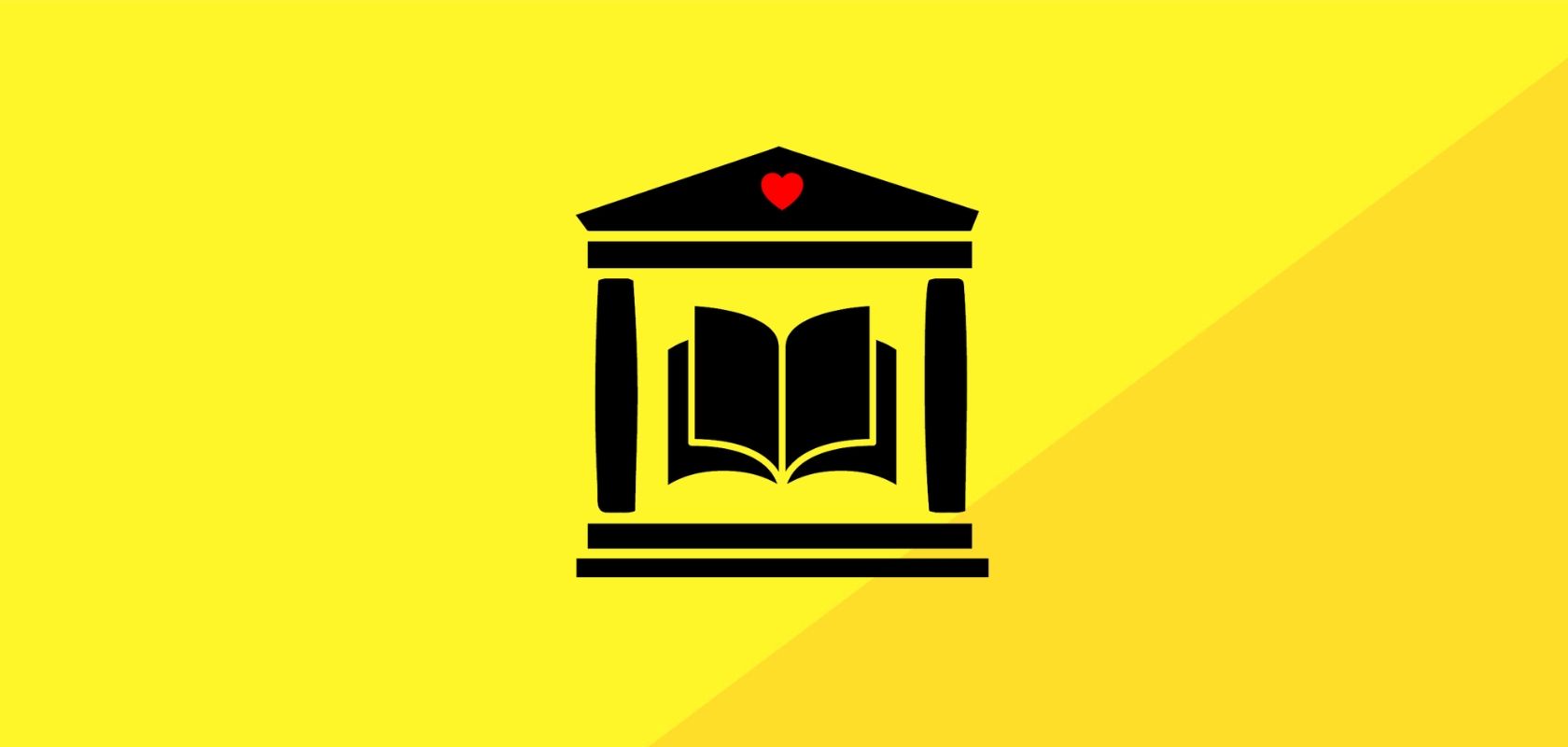Internet Archive’s National Emergency Library, set up to address the coronavirus lockdown that has made physical libraries and books inaccessible to readers, came under sharp criticism from publishers and copyright holders, and now a politician has chimed in against the project as well.
The National Emergency Library is supposed to be available at least until the end of June. It offers books, research and learning content online, as libraries in the US remain closed.
The scanned books – about 1.4 million of them – are free, while readers don’t have to wait to gain access to digital copies, as is normally the case.
But this effort to ease the crisis for the community has been met with strong words from the likes of the Authors Guild, who called it “appalling,” while the Copyright Alliance said the Library is “particularly vile.”
The reason behind this anger is money, which publishers and copyright holders think they are losing.
And now Senator Thom Tillis got involved by penning a letter to Internet Archive founder Brewster Kahle, in which he warns that access to copyrighted material should be provided lawfully, suggesting that the National Emergency Library operates otherwise.
Tillis, who chairs a Senate committee currently reviewing the US Copyright Act, also tells Kahle that this law doesn’t permit for unilateral creation of “an emergency copyright act” – which the Library has supposedly done here.
The letter doesn’t contain any open threat of action against the Library, which could suggest the senator is hoping Kahle might compromise with the critics and resolve the matter in that way.
However, in his reply, the Internet Archive founder defends the project and the way it is operates from the legality point of view, reminding Tillis that millions of taxpayer money was spent on books in libraries that are now off-limits to citizens during the lockdown.
He also said that authors are free to ask for their work to be excluded and can do it easily.
As for the senator’s remark that the Library operates outside the bounds of copyright law, and has created its own “emergency act”, Kahle replied:
“Fortunately, we do not need an ‘emergency Copyright Act’ because the fair use doctrine, codified in the Copyright Act, provides flexibility to libraries and others to adjust to changing circumstances. As a result, libraries can and are meeting the needs of their patrons during this crisis in a number of ways.”













